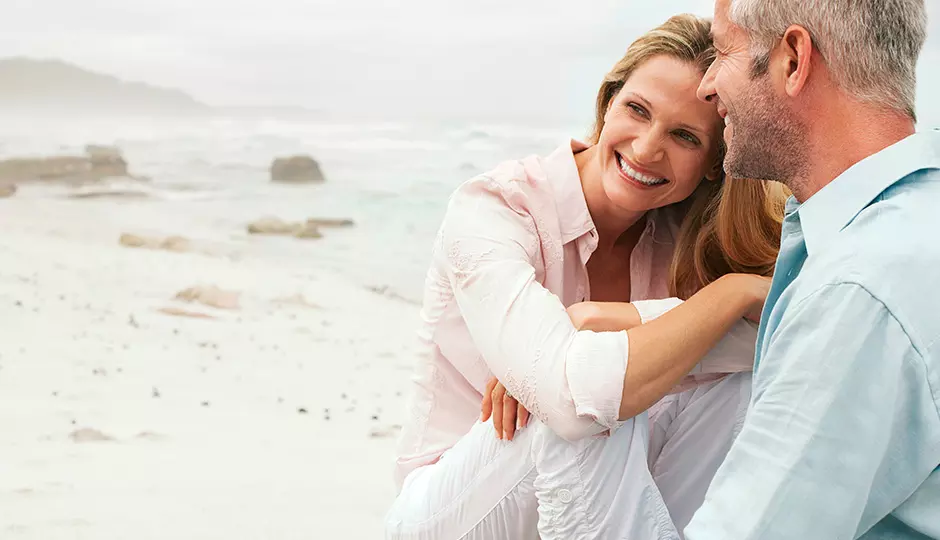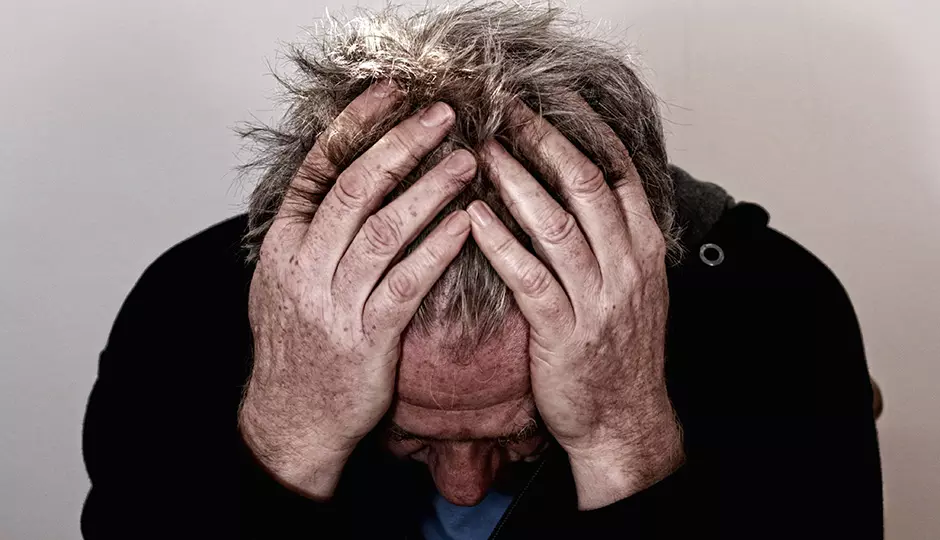Thinning hair and hair loss can occur at any age and affects both men and women. While thinning hair and hair loss are common, whether young or old, male or female, the effects can be dramatic. Thinning hair and hair loss can be stressful and lead to a loss of self-confidence and lowered self-esteem, harming your personal and social life, as well as your career.
It's normal to lose some hair daily. Research shows that the average person loses between 50 and 150 strands of hair each day. These hairs shed naturally at the end of the hair growth cycle before being replaced by a new strand.
Natural hair shedding accounts for the strands of hair you find on your pillow, clothes, in your hairbrush, and in the drain when you wash your hair. The average person has somewhere around 100,000 individual strands of hair on their scalp, making the loss of 100 or so strands a day unnoticeable.
Protect the Health of Your Hair
The most important thing you can do to stop thinning hair and hair loss is to take steps to keep your hair healthy before it happens. Your hair is a good indicator of your overall health, and in some cases, it may indicate a severe medical condition, so it is essential to listen to what your body is trying to tell you.
Diet plays a crucial role in every aspect of your health, including your hair. If your diet lacks an adequate supply of vitamins and minerals, it may lead to thinning hair. Usually, when the nutritional deficiency is corrected, either by a change in diet or the addition of supplements, the hair follicles will heal and begin to produce healthy hair again.
Along with a sufficient supply of vitamins and trace minerals, your hair needs protein to stay healthy. The key structural component that hair is composed of is a protein called keratin. Your body needs a sufficient amount of protein to produce the keratin necessary to produce a strong, healthy strand of hair.
Healthy hair is also dependent on maintaining a healthy scalp and hair follicles. Sebum, the natural oil your body produces to protect your hair, also attracts dirt, dead skin cells, and excess hair products, such as sprays and gels.
If these contaminants are allowed to stay on the scalp, they can clog the hair follicles, damage them, and inhibit their ability to produce hair. Take good care of your scalp and hair by regularly washing your hair with a gentle shampoo to remove oil and dirt buildup, using warm or lukewarm water rather than hot. Wet hair is at its weakest, so dry it gently by blotting it dry instead of rubbing it hard with a towel.
Consult With the Experts at New Image
Typically, the first sign of thinning hair is a noticeable increase in shedding. If you are noticing more hair on your brush, in the drain, or finding that hair is falling out in clumps, it is critical to take action and find the cause as soon as possible. Fortunately, if your hair is beginning to thin, there are steps you can take to stop the progression of the condition and restore your full, thick, natural hair.
Our team at New Image has the specialized knowledge and training to help you determine the cause of your thinning hair and recommend steps and treatments to help with your hair loss.
Whatever the cause of your thinning hair, we have treatments and options to help you deal with it, and the sooner you take care of your thinning hair, the more options you have and the greater chance of stopping your hair loss and restoring your full head of hair. If you are concerned about thinning hair and hair loss, we can help! Contact us today and schedule a FREE initial consultation.



